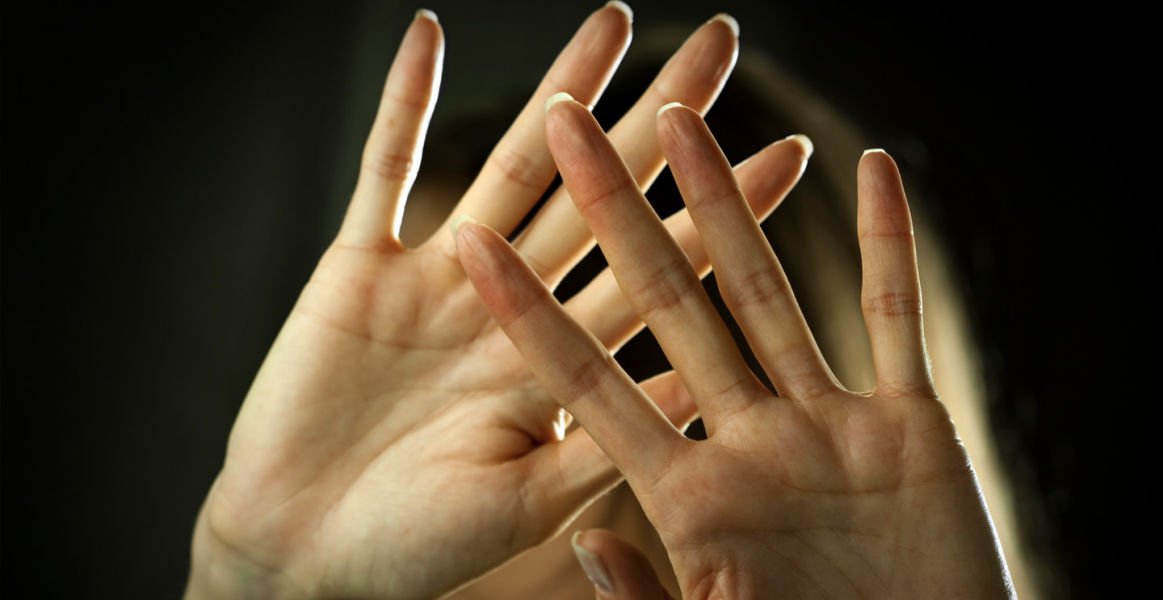1. The meaning of this maxim is, “Difficulty necessitates ease”. One of the unique & distinctive qualities of the Islamic law is its flexibility in all circumstances. As a law enacted by the Most Merciful, it takes into
a. “Necessities render prohibited things permissible” الضرورات تبيح المحظورات. e.g.
May Allāh grant us understanding.
Sanusi Lafiagi






